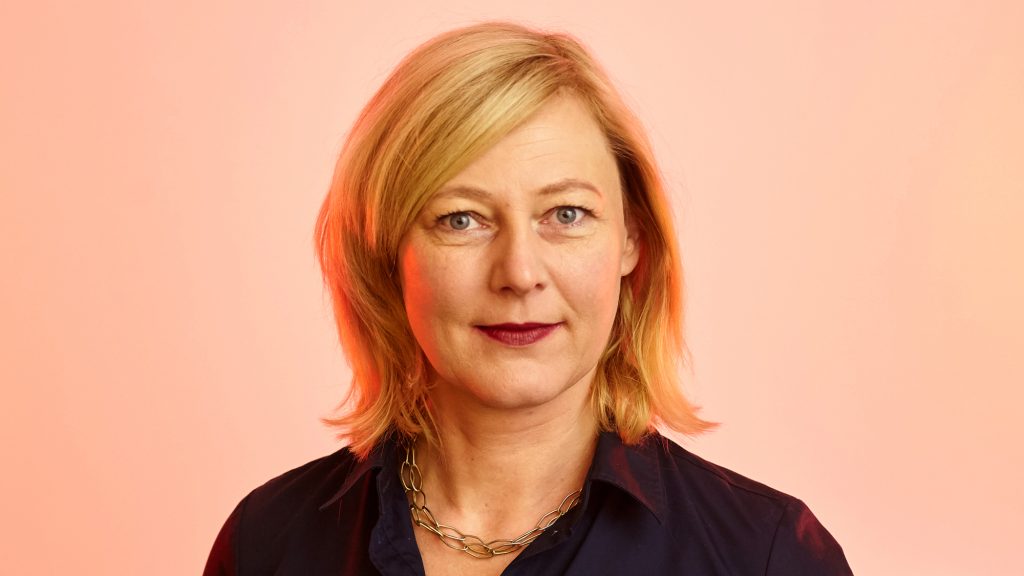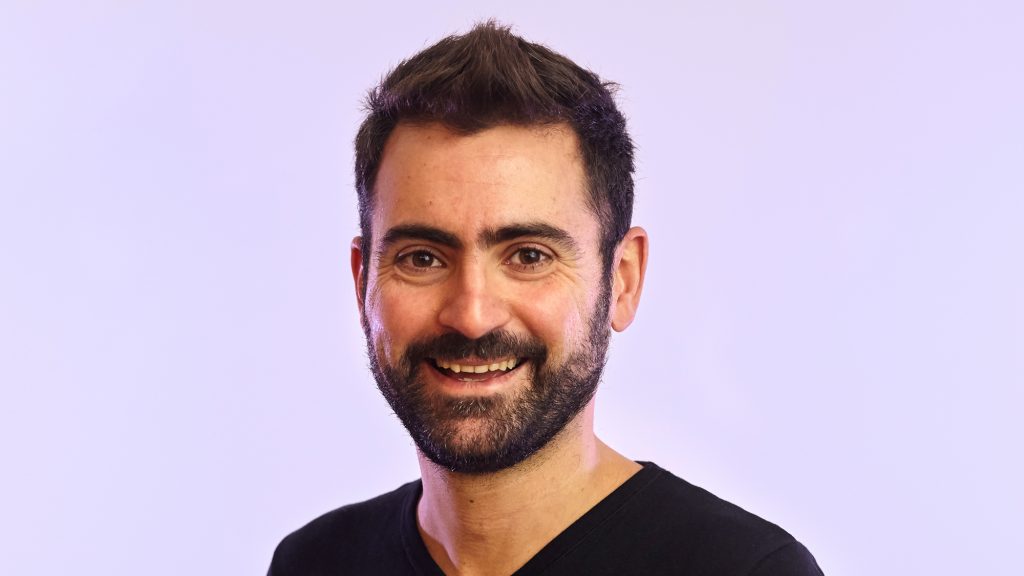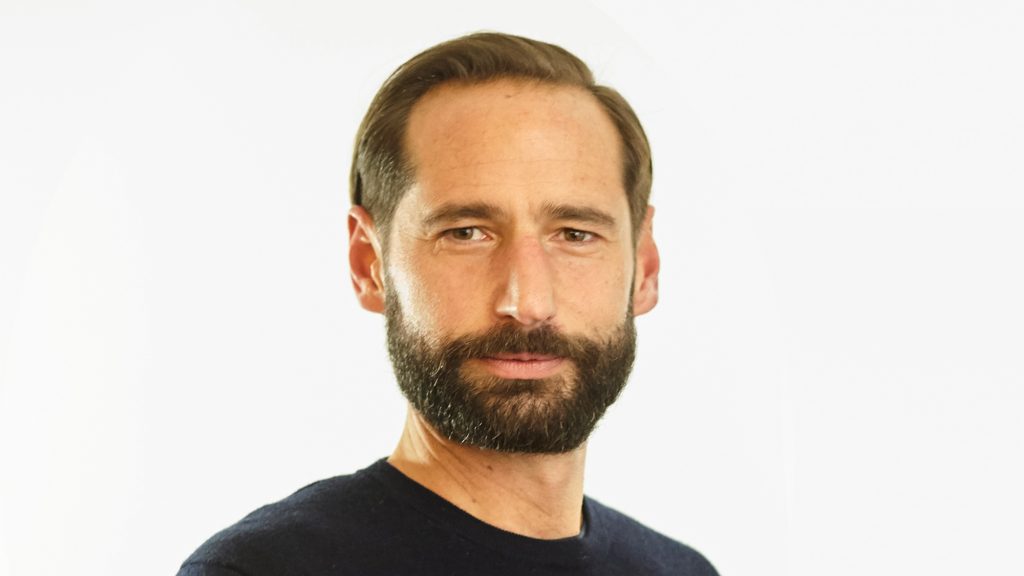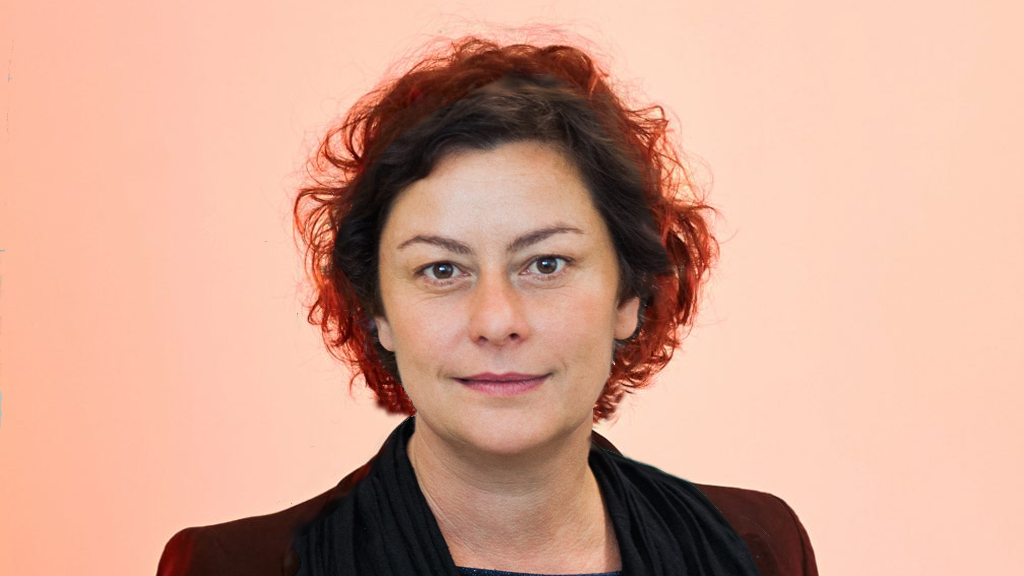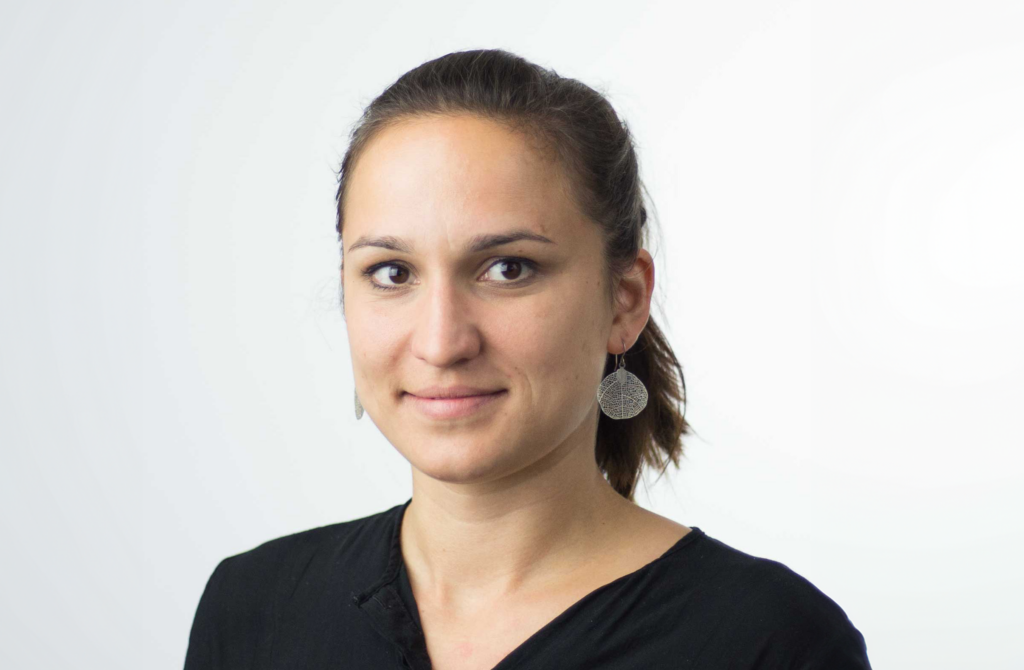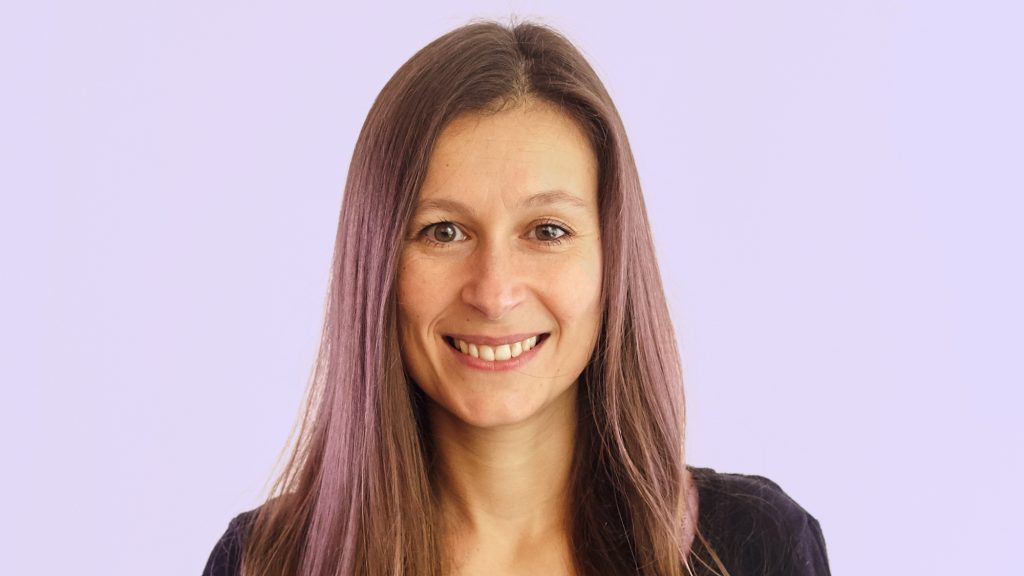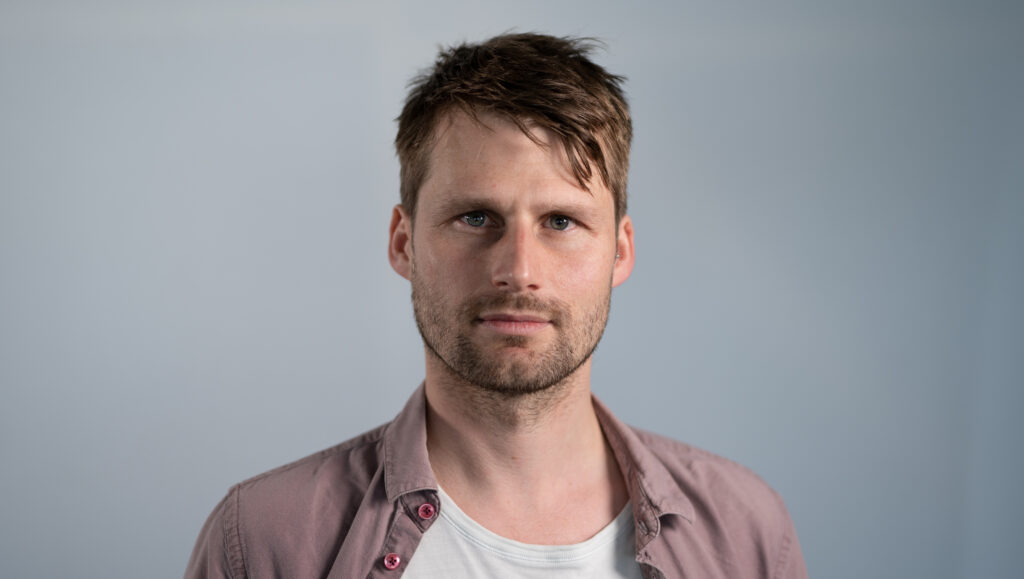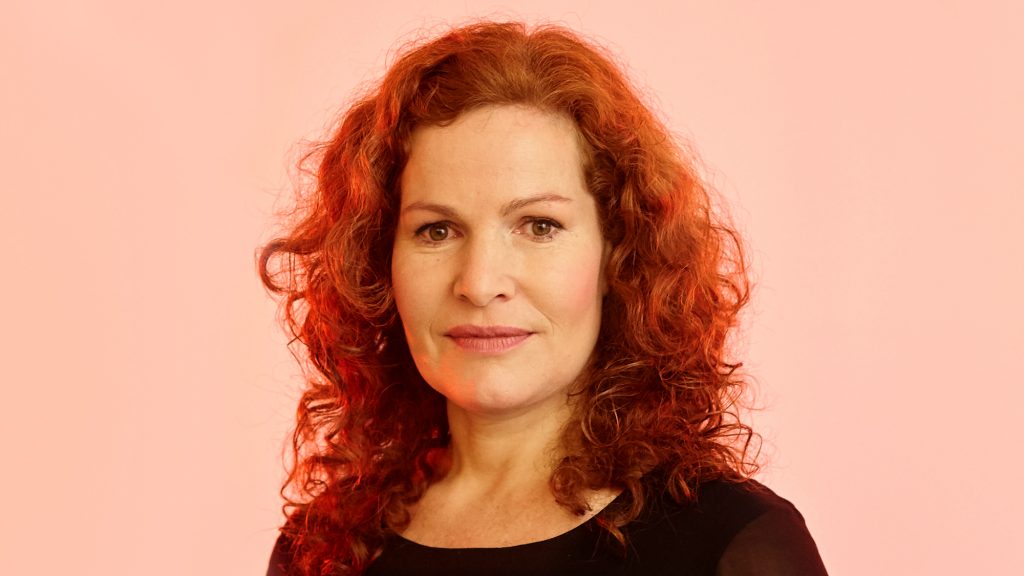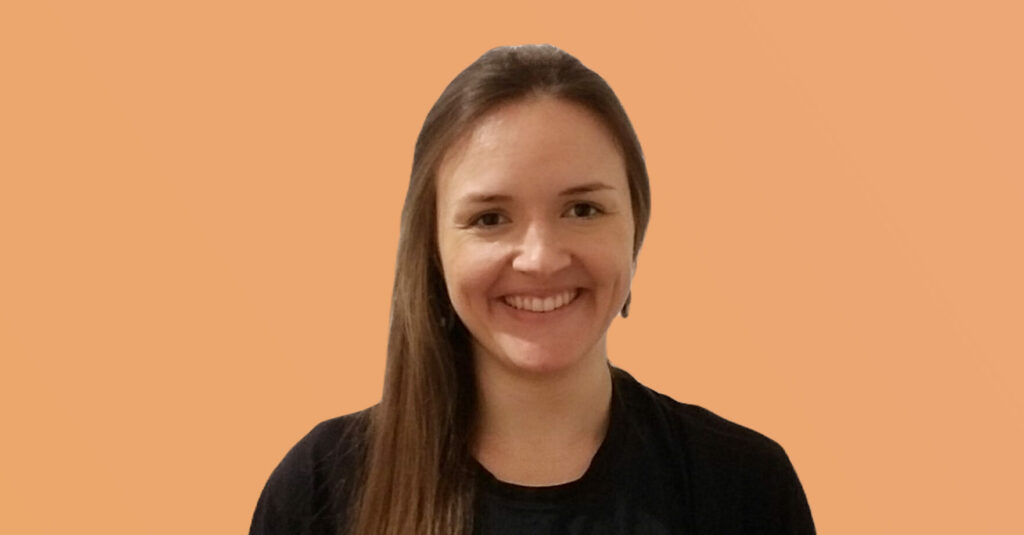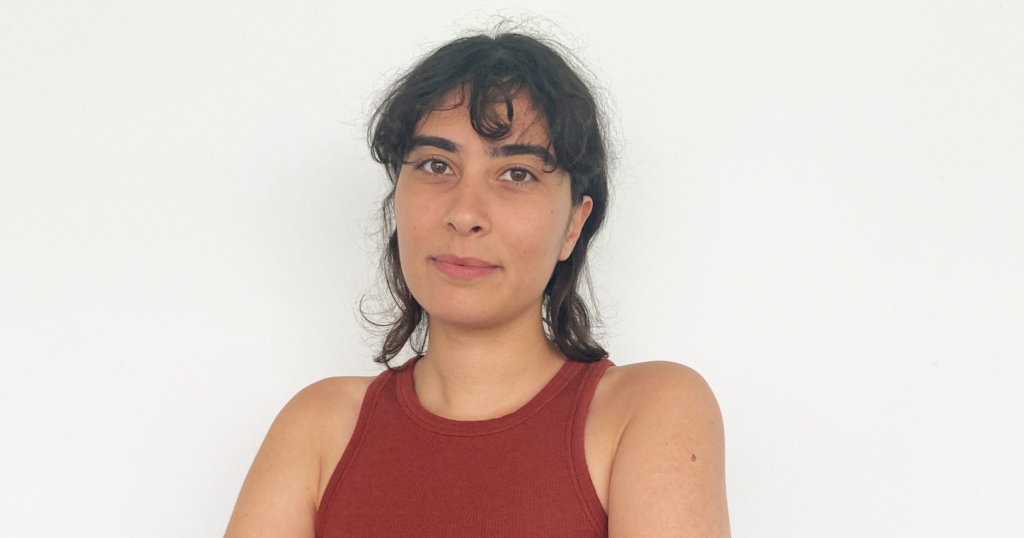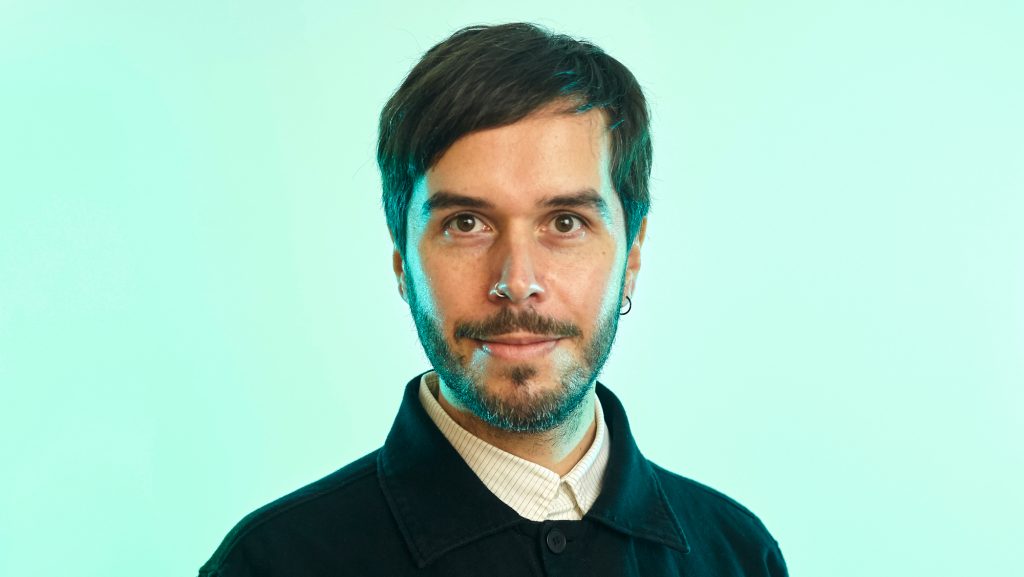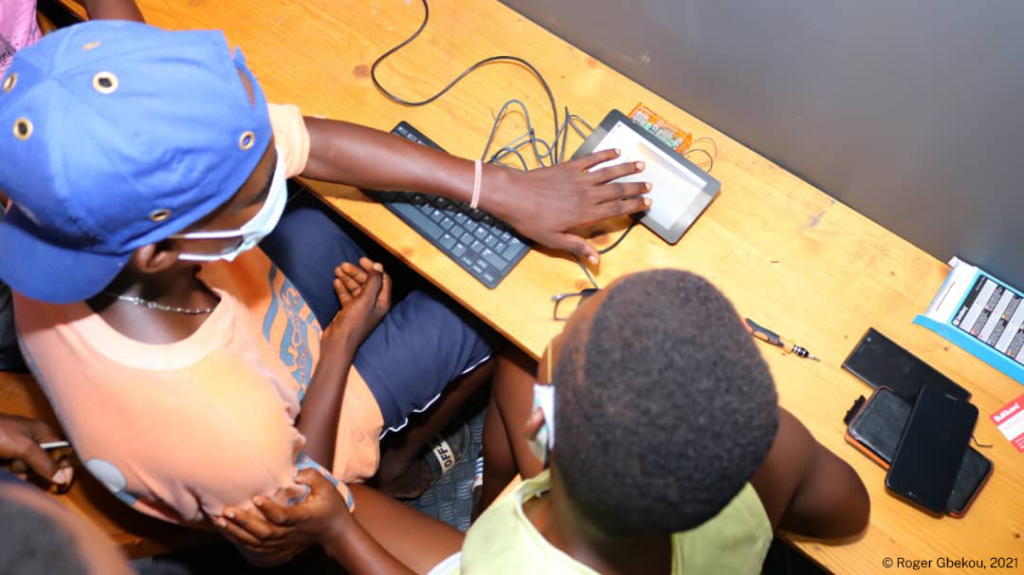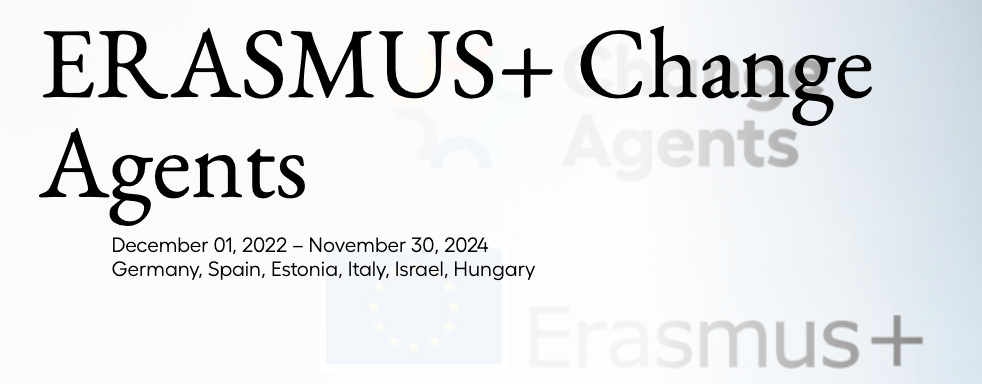The Weizenbaum Fellows Sénamé Koffi Agbodjinou and Alê Costa Barbosa of the research group Design, Diversity and New Commons are going to discuss their work on African Cosmogonies as a New Paradigm for Design and Digital Sovereignty Conceptualised from a Global South Perspective.
Date:
Friday 28.04.2023, 16:00-17:30
Followed by drinks and snacks
Place:
Berlin Open Lab , Universität der Künste Berlin , Einsteinufer 43, 10587 Berlin
Talks:
African Cosmogonies as a New Paradigm for Design
Sénamé Koffi Agbodjinou, Founder L’Africaine d’architecture/ WoeLab Lomé
Digital Sovereignty Conceptualised from a Global South Perspective
Alê Costa Barbosa, specialist advisor to the Brazilian Internet Steering Committee
African Cosmogonies as a New Paradigm for Design
Sénamé Koffi Agbodjinou
After the rupture with nature and the rupture that came with the westernisation of the world, Sénamé Koffi Agbodjinou theorises the imminence of a third split – that of the human with itself. The digital techno-sciences completing the modern process of unbinding, and its corollary of general artificialisation, would then install a final form of imperialism, which would consist of a colonisation of the real itself. It is undoubtedly from the paradigm of profit that we will have to divorce ourselves from first, in order to diverge from this dystopian future. We could substitute this with an intricate system, a neo-organic imaginary, a radical unity and an irreducibility of the world. In his talk, Sénamé will discuss how relational ontologies, specific to traditional societies, encode an ethical reality based on cosmogonies. It will indicate the resources of a new paradigm for pluriversal design, and rather than serving as a counter-proposal to neoliberal ways of urban planning which participate in civilising the digital society, it will demonstrate what a decolonized and ecospecies approach to a smart city could be.
Architect and anthropologist by training, Sénamé Koffi Agbodjinou advocates a neovernacular concept that he concretely translates as an innovator, designer and entrepreneur at the scale of the product, building and the city. He is the founder of L’Africaine d’Architecture, a collaborative platform for research and experimentation on issues of African architecture and cities. He is also the founder of WoeLabs, a network of Togolese tech-hubs that aim to ‘make everyone equal in the face of the digital revolution’. In his work, he develops alternative visions on the issues of integrated architecture, primitive computationalities, technological democracy and sustainable cities. His work has been acknowledged by amongst others the African Innovation Summit (2014), the Global Fab Award (2014), the Ashoka Foundation (Fellow since 2017) and the African Leadership Award (2018). Currently Sénamé Koffi Agbodjinou is a Weizenbaum fellow with the research group Diversity and New Commons.
Digital Sovereignty Conceptualised from a Global South Perspective
Alê Costa Barbosa, specialist advisor to the Brazilian Internet Steering Committee
Digital Sovereignty is on the academic and political agenda in diverse places throughout the globe. It mainly has three levels: the role of the State in shaping digital policies; the economics of digitization; and the individual’s digital self-determination. However, Digital Sovereignty scope may differ from geographies and social backgrounds. With this regard, I will provide an overview of how that concept has been used and developed in Brazil considering, on one hand, the education and scientific sector and the infrastructural power of cloud providers on essential platforms; and, on the other hand, how social movements are also performing its understanding of sovereignty within the digital sphere.
Alê Costa Barbosa is a researcher and digital policy advisor. He performed as an expert advisor for the Brazilian Internet Steering Committee – CGI.br – and as a senior innovation researcher at the Institute for Technology and Society of Rio de Janeiro – ITS. Alexandre coordinates the Data Governance sector within the Homeless Workers Movement’s Technology sector (Núcleo de Tecnologia do MTST) and acts as head of institutional relations in a local NGO supporting colonial historic cities in Brazil in sustainably promoting their digital transformations. He has a master’s degree in geography and economics of development and a bachelor’s in control and automation engineering. At the Weizenbaum Institut, Alê Costa Barbosa is a Visiting Researcher in the Diversity and New Commons research group.
For further details, please contact Ines Weigand (i.weigand [at] udk-berlin.de)

